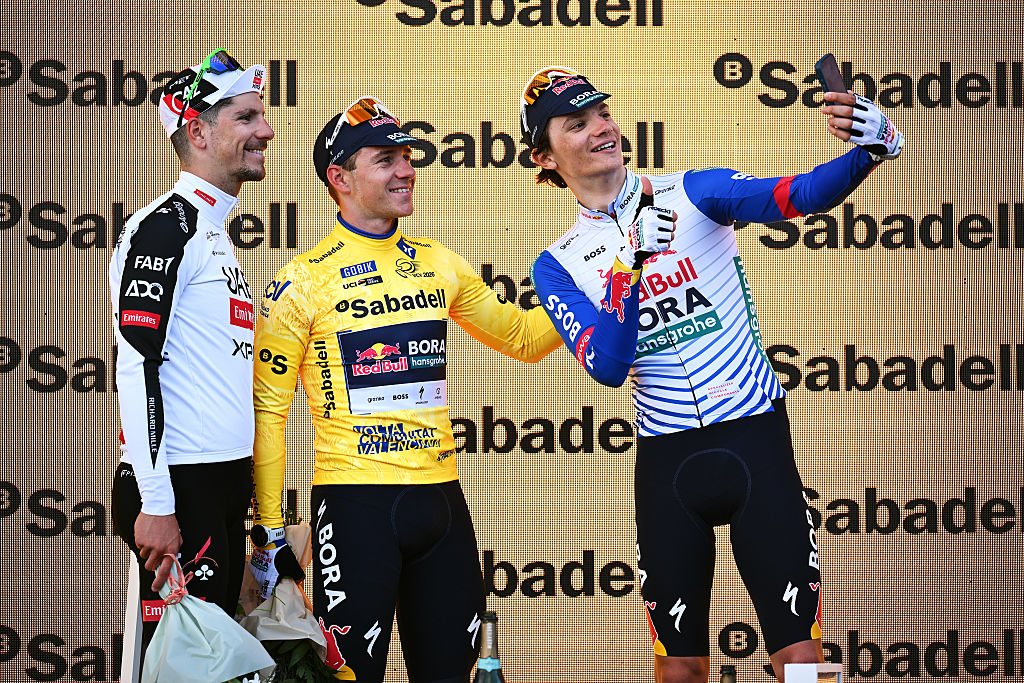The Tour do Rio: no ordinary stage race
How the event could change the face of Brazilian cycling
The latest race content, interviews, features, reviews and expert buying guides, direct to your inbox!
You are now subscribed
Your newsletter sign-up was successful
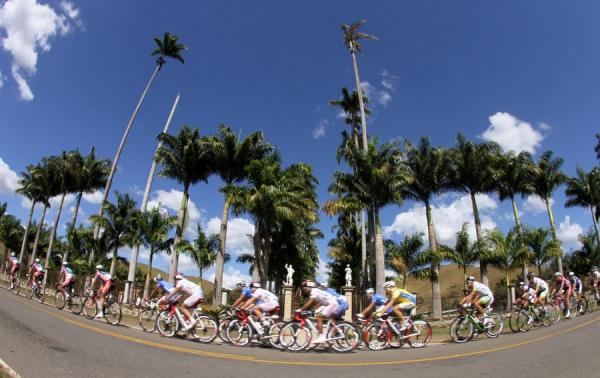
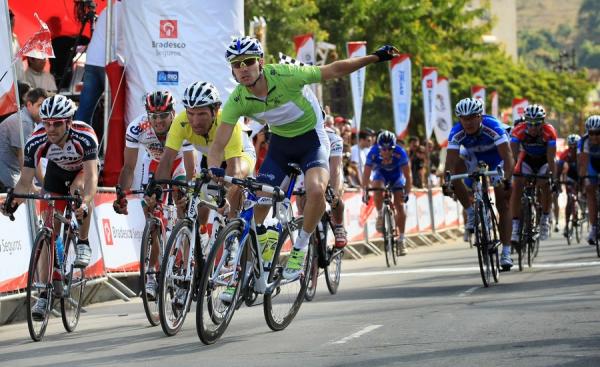
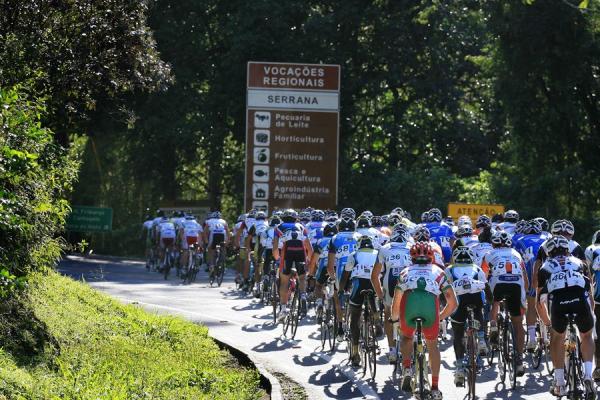
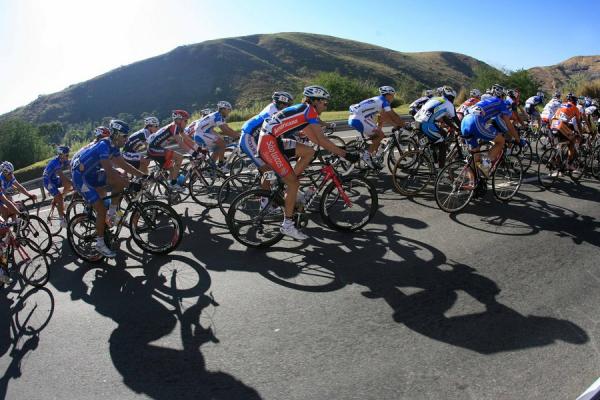
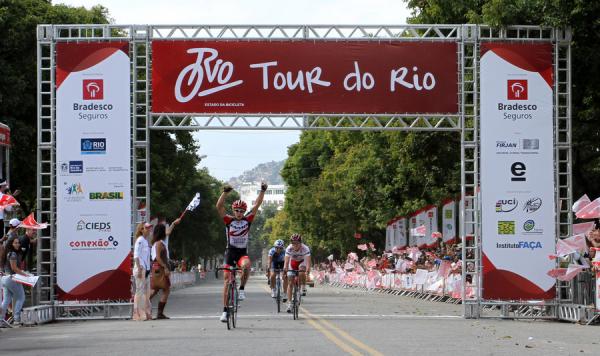
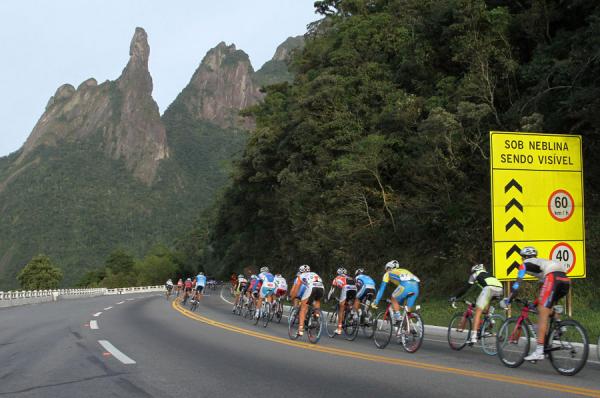
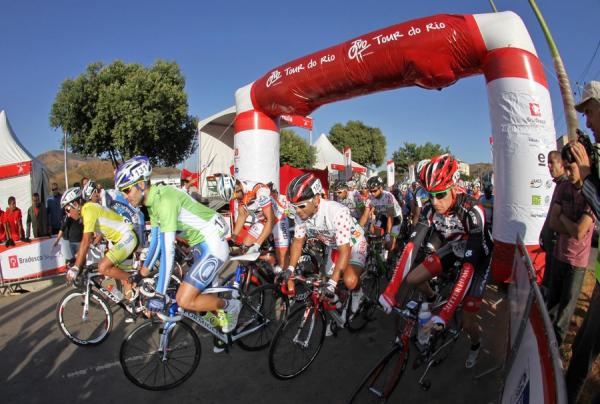
The Tour do Rio may not yet be the biggest stage race in South American cycling – but if its progression over the first two years of its existence is anything to go by, this is one race that could change the face of racing on the continent.
Over five days, teams from Brazil, Colombia, the Unites States, Italy, Spain, and Rwanda raced from corner to corner through the state of Rio de Janeiro, the Tour departing and returning to the geologically stunning city of 11.8 million people with Colombia's Juan Suarez (EPM-UNE) claiming overall honours. The bustling metropolis is on the verge of becoming a sporting boon, hosting both the 2014 FIFA World Cup and the 2016 Olympic Games and so the city will have the world's sporting eyes firmly focussed on it.
When it comes to cycling however, Rio is yet to fully embrace it both as a sport and as a culture. So how do you change the future?
Luisa's vision
Race organiser, Luisa Jucá was not keen to dwell on the success of the race in 2011, only telling Cyclingnews that she was "very, very happy," on its final day, instead wanting to chat about where it was headed. In its first two years, the Tour do Rio was given a 2.2 ranking by the UCI but Jucá is pushing for an upgrade.
"Now we're talking to the UCI and we're hoping to take the race to 2.1 level and we're going to ask for other dates," she confirmed. "Maybe in three or five years we can be ProTour."
It's hoped that the Tour would be run later in the year, in September and Jucá explained that she's already scouting for higher profile teams to attend in 2012.
The latest race content, interviews, features, reviews and expert buying guides, direct to your inbox!
"There will be new teams next year because if you want to improve, you must move forward," she said.
Jucá's way of changing the culture in Brazil, and especially the state of Rio de Janeiro is through the Tour do Rio. The 50-year-old came to the sport through music management, so her approach is unorthodox, but it's working. At the Tour, Jucá leads an all-female team while it's believed that she's the only female race organiser in world cycling. A well-placed source from within Brazilian cycling told Cyclingnews that while some people at the top of the nation's Cycling Confederation (Confederação Brasileira de Ciclismo) are nervous, there is a lot of admiration for her efforts with the overwhelming sense being that Jucá is exactly what the sport needs.
The Tour do Rio is not just about a cycle race, it's also about education for the wider community. Motorists were informed about the race altering traffic conditions around the cities the Tour visiting via giant billboards along the race route; bikes were raffled at the end of each day's stage – it was about rallying support for two-wheeled transport.
The need for change
It's a battle being fought on several fronts, and it's not an easy one. Earlier this year, there were horrifying images of a motorist ploughing his vehicle through a critical mass ride in Porto Alegre in the south of the country. Around 40 cyclists were injured, and luckily no one was killed but it was just one example of the lack of respect that people on two wheels face in Brazil.
Bike lanes are a rarity in Brazil – non-existent in most towns and sparingly built in big cities. In the city of Rio de Janeiro, there is a shared bike path running along the beach front but it doesn't extend beyond that.
Brazilian President Dilma Rousseff is calling for change and is pushing local governments to invest in their infrastructure. By the end of this year, 100,000 school children will have been provided with bikes and helmets through her Path to School program.
Speaking on her national radio program earlier this year, Rousseff praised the use of bicycles as a means of transport, but stressed the need of providing more safety to cyclists and creating a "culture of cycling" in Brazil.
"It is a means of transport which does not pollute the air and allows for the practice of physical activity. Going to school by bike is a healthy activity, but we must have safety," she said. "If municipalities support this practice by building bicycle lanes, I am sure we will see many other bicycles on the streets, not only the ones given by the government."
While the Tour do Rio's host city, Rio de Janeiro has a sports culture, it's not necessarily a cycling culture. Much of Brazil's cycling history is related to the waves of immigrants, especially of Italian and German descent, that fled Europe in the 1800s. A quick snapshot of Brazil's current crop of elite riders reveals two hotbeds of cycling culture: Paraná, home to Gregory Panizo, Rafael Andriato, Luciano Pagliarini and Mauro Ribeiro along with the neighbouring coastal state of Santa Catarina from where Murilo Fischer and Márcio May hail.
Doing things differently
Racing in South America has its own quirks, just as racing in Europe is different to that in North America, Asia, Africa or Australia. Jucá is not the only one trying to shake things up come race day in an attempt to give the Tour do Rio its own unique standing in the cycling world.
The opening stage of the Tour do Rio raised some concerns over rider safety due to the condition of the course, but the remaining days resulted in largely incident-free racing the final two stages in particular produced spectacular results. Speaking with Cyclingnews, UCI Chief Commissaire at the Tour, Adrian Levesque explained that the organisation was at pains to force change.
"It seems they know how to run things their own way down here – like I say we're not here to change it, but we'll work with them to improve it that's for sure," he said following Stage 1.
"Everyone has given me every type of opinion, every warning they want about it and still I learnt things where it was like, oh that's what they were talking about. It's not unexpected by any means but it is a different set of challenges than working in North America or Europe and we just have to accept that and work with the local people to improve upon it."
Levesque in particular praised the work of the Brazilian Confederation commissaries, saying:
"They're young and more dynamic than a lot of the old school ones from South America, and they see the need for change as well."
One of those that stood out was 25-year-old Felipe Augusto, who is the youngest commissaire in Brazil and quite possibly within the UCI. As the voice of radio tour, Augusto bought his own unique spin on communications back to the caravan. Having scoured the UCI's guidelines, he told Cyclingnews that by sticking to the manual, the results would be "boring" so he looked for ways to improve it.
The results were both entertaining and informative – with those tuning in getting not only the usual race situation with some amusing anecdotes thrown in, but some of Augusto's favourite tunes along with historical information about the region through which the Tour was travelling.
Augusto, like most attending the race, was impressed by the work of Jucá and her all-female team.
"The race has been run a lot smoother this year," he said.
In terms of improvements for the Tour, Augusto was adamant: "They're all really little points – the big picture is really cool.
"Maybe the signage on the parcours," he offered. "The race manual also needs to improve, the maps and details. Otherwise it's complicated for the teams to plan where to attack, but it's also complicated for us as commissaries in order to plan where we let the press go, or if we need to hold them back. We can get more motorcycles for the press and prepare a little bit."
Jucá's goal of the Tour do Rio joining the ProTour may be a pipedream at the moment, but if there was one race to watch in terms of its evolution, this just might be it.
As a sports journalist and producer since 1997, Jane has covered Olympic and Commonwealth Games, rugby league, motorsport, cricket, surfing, triathlon, rugby union, and golf for print, radio, television and online. However her enduring passion has been cycling.
Jane is a former Australian Editor of Cyclingnews from 2011 to 2013 and continues to freelance within the cycling industry.
